Which of the following reactions would give trans-alkene ?
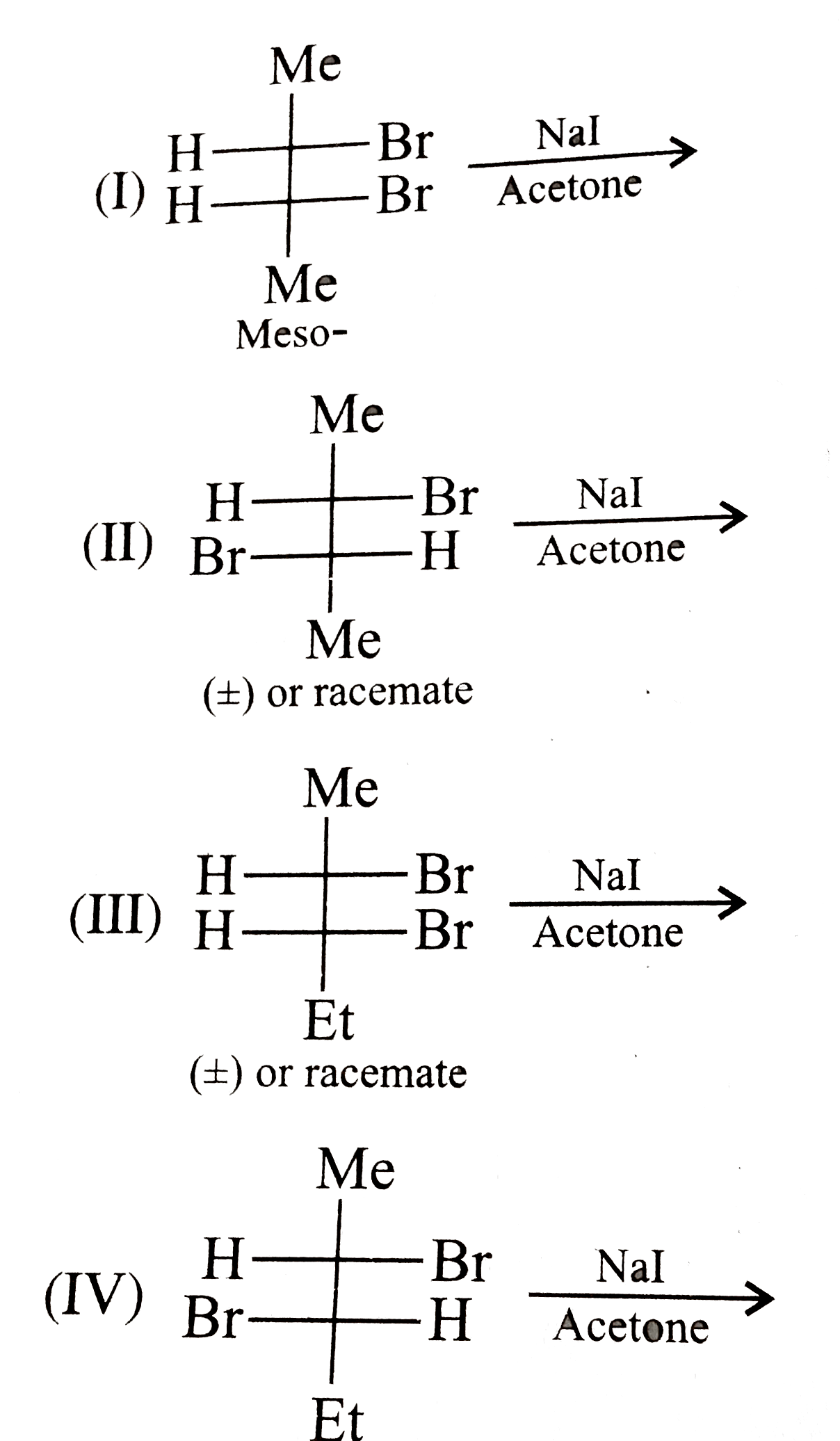 .
.
A
(I)
B
(II)
C
(I),(III)
D
(II),(IV)
Video Solution
Text Solution
The correct Answer is:C
(I) Meso compound (two same groups) + Anti elimination rarr trans-Alkene 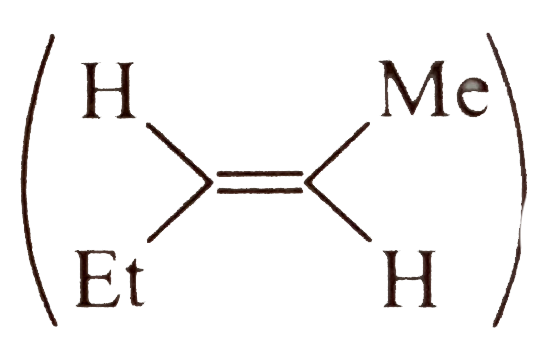
(II) (±) Compound (two same groups) + Anti-elimination
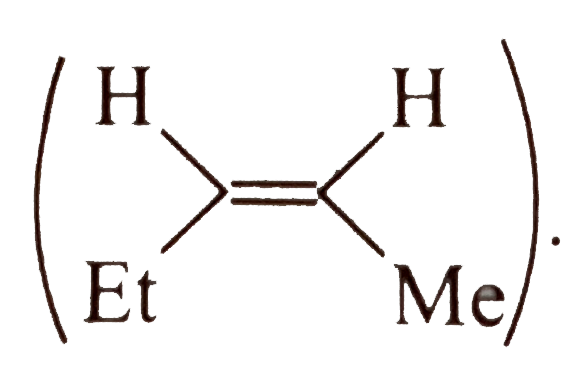
(III) (±) Compound (two different groups) (but two eliminating groups in anti-position) + Anti-elimination rarr trans-Alkene 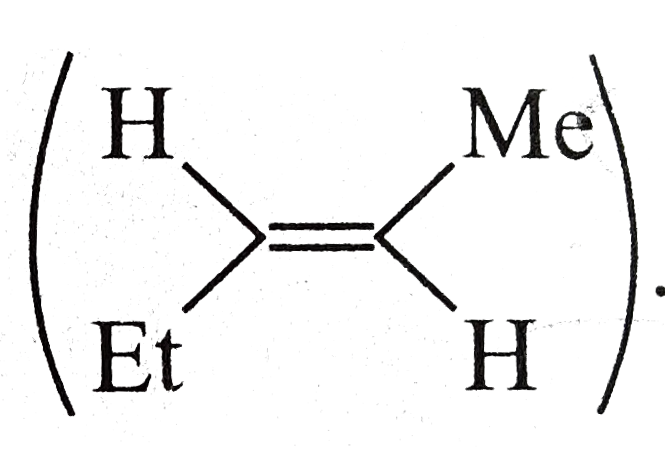
(IV) (±) Compound (two different groups) (but two eliminating groups is syn-position) + anti-elimination rarr cis-Alkene. 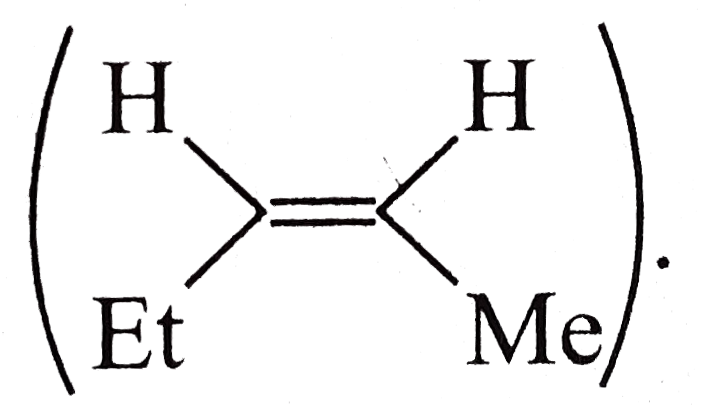 .
.
|
Topper's Solved these Questions
- ORGANIC REACTION MECHANISMBOOK - CENGAGE CHEMISTRYCHAPTER - ORGANIC REACTION MECHANISMEXERCISE - Assertion-Reasoning
12 Videos
- ORGANIC REACTION MECHANISMBOOK - CENGAGE CHEMISTRYCHAPTER - ORGANIC REACTION MECHANISMEXERCISE - Archives
8 Videos
- ORGANIC REACTION MECHANISMBOOK - CENGAGE CHEMISTRYCHAPTER - ORGANIC REACTION MECHANISMEXERCISE - Multiple Correct
30 Videos
- NCERT BASED EXERCISEBOOK - CENGAGE CHEMISTRYCHAPTER - NCERT BASED EXERCISEEXERCISE - Chemical Equilibrium
72 Videos
- P-BLOCK GROUP 13 - BORON FAMILYBOOK - CENGAGE CHEMISTRYCHAPTER - P-BLOCK GROUP 13 - BORON FAMILYEXERCISE - Exercise Archives (Subjecive)
9 Videos
Similar Questions
Knowledge Check
The following reaction would give :
 ACH3−CH3∣CH−C∣OCH2CH3H−CH3BCH3−CH3∣C∣OCH2CH3−CH2CH3CCH3−CH2CH3∣C∣OCH2CH3−CH3DAll of the above
ACH3−CH3∣CH−C∣OCH2CH3H−CH3BCH3−CH3∣C∣OCH2CH3−CH2CH3CCH3−CH2CH3∣C∣OCH2CH3−CH3DAll of the aboveWhich of the following reactions would give propanal ?
AEthyl propanoate + DBAH (diisobutyl aluminium hydride). [(i−C4H9)2AlH)] at −70∘C, followed by hydrolysis.BPropyl propanoate +DIBAL−H/H2OCEthyl cyanide +DBAHDPropanoyl chloride +LBAHWhich of the following reactions would give pentan−2−ol ?
A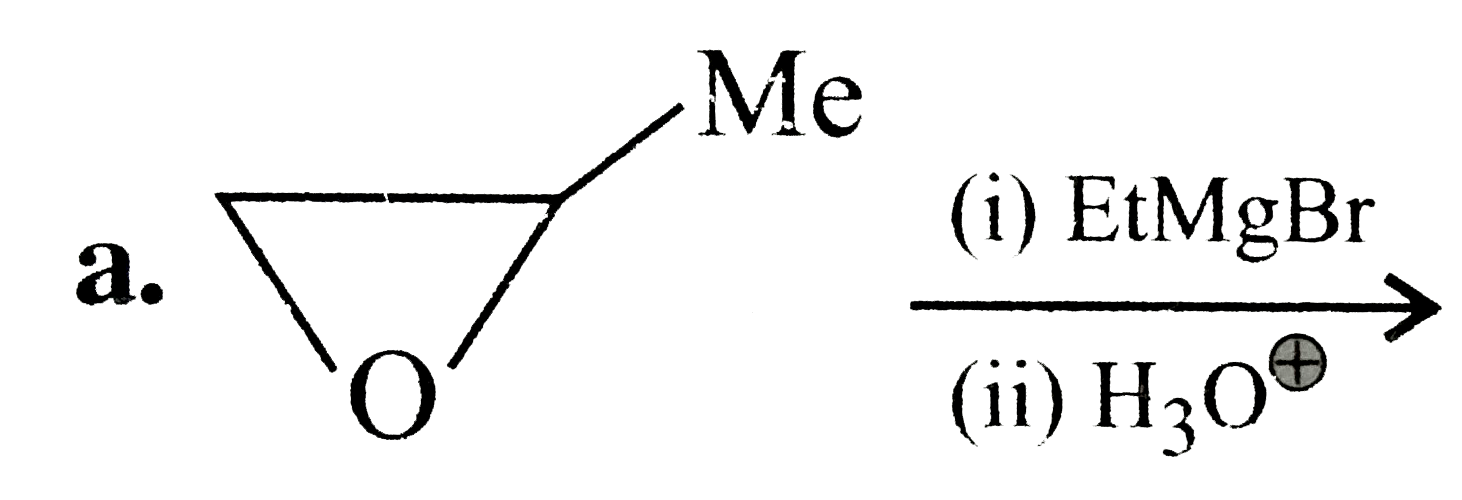 B
B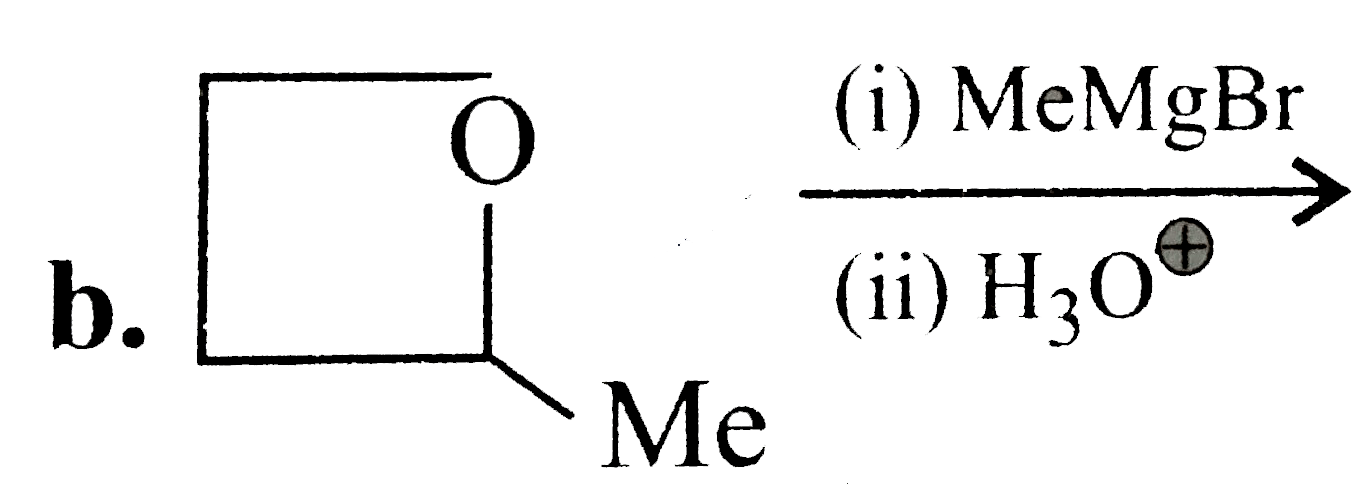 C
C DMeCHOPrmgBr/ether−−−−−−−−→H3O⊕
DMeCHOPrmgBr/ether−−−−−−−−→H3O⊕
Which of the following reactions will not give Hofmann alkene ?
View SolutionWhich of the following reactions reaction would give propanal?
View SolutionWhich of the following reactions would give isopropyl benzene as the major product ?
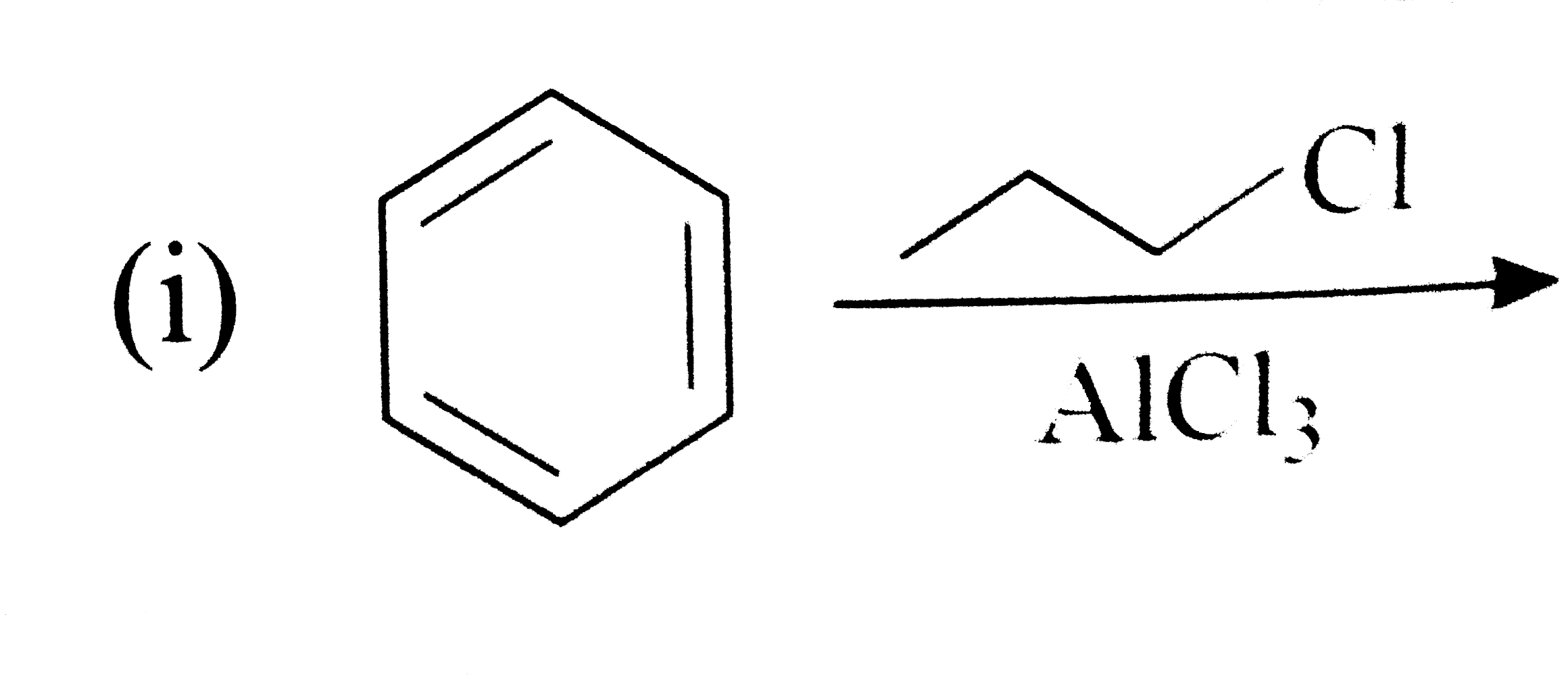


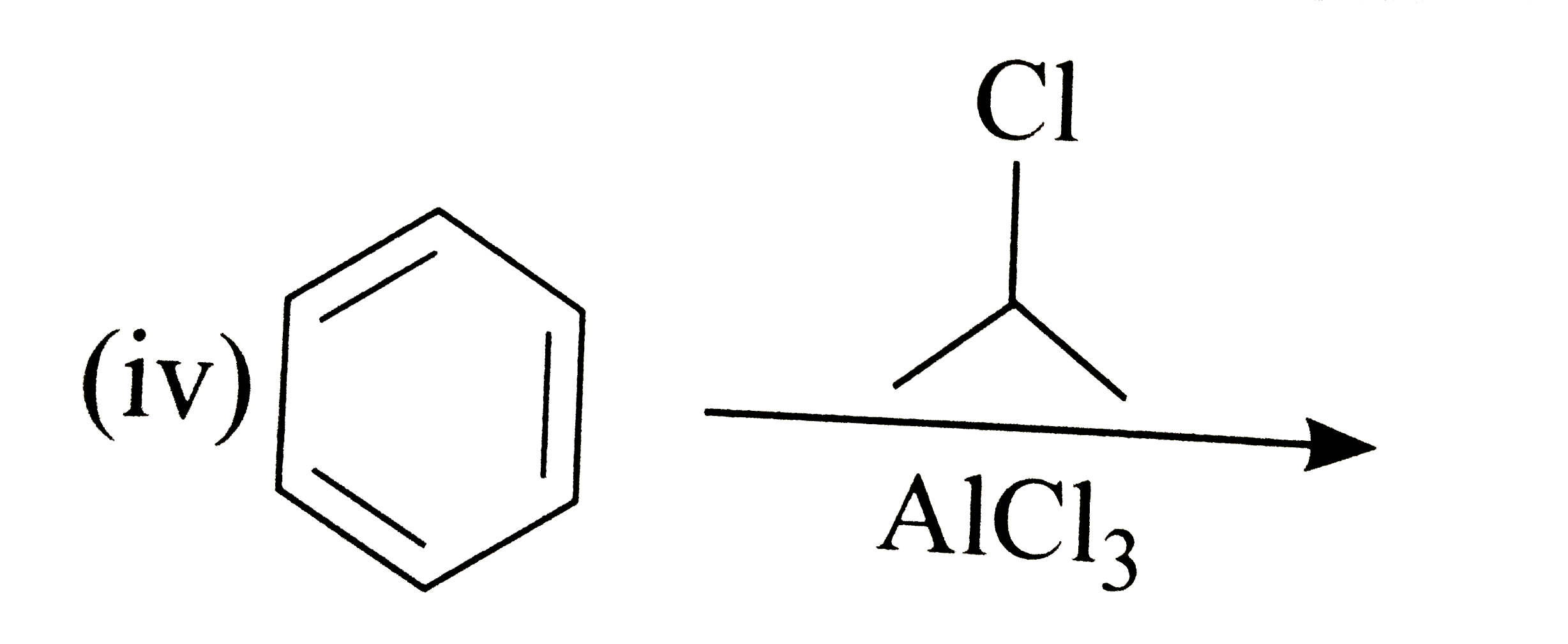
View SolutionWhich of the following reactions would give identical product ?
View SolutionWhich of the following reactions produces an alkene ?
View Solution
